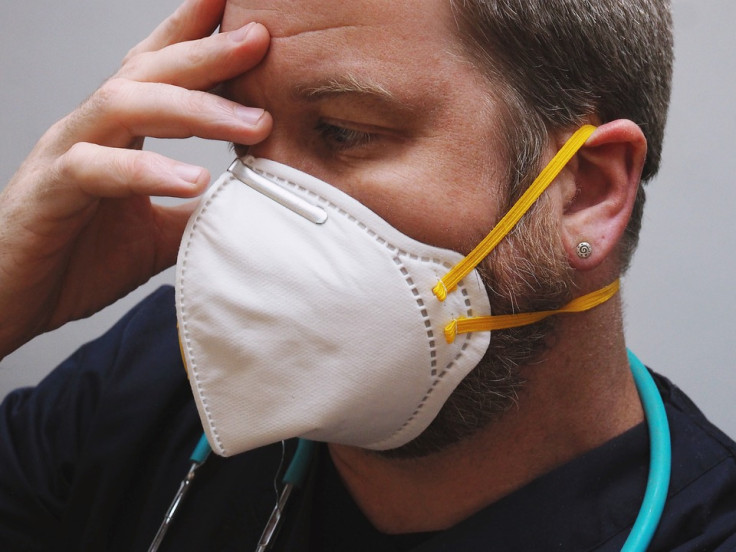New coronavirus variant may pose reinfection risk, plasma therapy may be rendered ineffective
Out of the 44 samples of the new variant that scientists tested, they found that 21 were resistant to the plasma serum.
The new coronavirus variants are causing jitters among scientists since recent studies have found that they pose a reinfection risk among those who have already recovered from coronavirus infection and that they may be strong enough to render plasma therapy virtually ineffective.
Scientists noted that as per earlier studies, those who recovered from COVID-19 have immunity for at least five to six months, said FoxNews. It was also rare for a re-infection to occur out of previous strains. However, the story is quite different with the new strains because there is a possible risk of contracting the virus once more.
Scientists cited the situation in Manaus, Brazil. An earlier report in NPR noted that the city may have already reached herd immunity considering that up to 76 percent of its population may have already been infected. Now, there is another outbreak which an infectious disease doctor in the city, Marcus Vinicius Lacerda, said was larger compared to the first one.
"You have much more people becoming infected and that includes people inside their [newly diagnosed patients'] households," said Lacerda. Aside from this, they are running out of oxygen, and Lacerda was concerned that patients were suffocating on their beds since they could no longer breathe.
Scientists are pointing to a new coronavirus variant that has been circulating in Manaus. The new variant is called P1, has about 20 mutations, with three that are becoming a cause for concern since they are said to be more infectious and have the propensity to decrease the efficacy of the vaccines.
Scientists also see mounting evidence that the new variants of coronavirus circulating in Manaus, Brazil, and South Africa may have the capability to thwart the body's immune system. The team also published a report in BioRXiv on Tuesday wherein they noted that the South African variant may not be easily neutralized by blood plasma.
For quite some time, doctors have used blood plasma to help treat patients since the treatment infuses antibodies taken from recovered patients. The study revealed that out of the 44 samples, 21 of them were found to be resistant to plasma serum. This means that it was not neutralized using convalescent plasma serum.
© Copyright IBTimes 2025. All rights reserved.






















